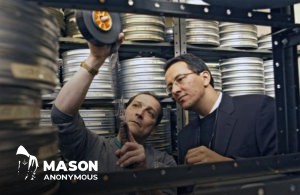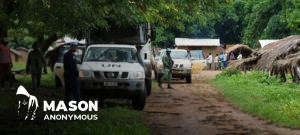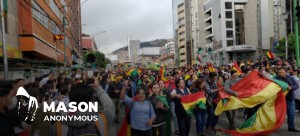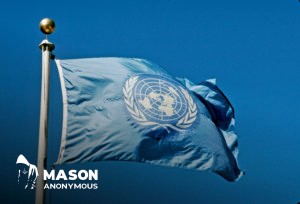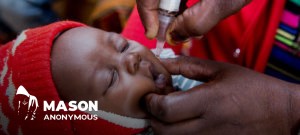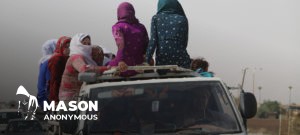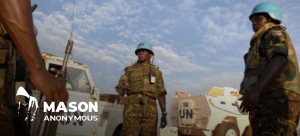Audiovisual documents contain the primary records of the history of the 20th and 21st centuries, enabling us to pass down common heritage across generations, however, the moving pictures and radio sounds capturing our collective pasts run the risk of vanishing through decay, or being lost to time as the technology once used to handle them becomes obsolete.
The theme of this year’s World Day, “Engage the Past Through Sound and Images” praises the expertise of the people working to safeguard collections of the past for generations to come, which without, “large portions of our cultural heritage would disappear to be lost forever”, the UN said on the Day.
In 2005, the United Nations Education, Scientific and Cultural Organization (UNESCO) approved commemoration of the Day every 27 October, at it’s biennial meeting of Member States to spotlight the need for urgent conservation measures of important audiovisual files-a parallel effort to the entity’s establishment of the Memory of the World Programme, in 1992, which made clear that significant audiovisual collections worldwide suffered a variety of detrimental fates.
War, looting and dispersal, illegal trading, and preservation funding shortfalls are a few of the burdens that have threatened precious archive holdings for centuries.
For material still intact, digitizing physical records has been a method of escaping inevitable wear and tear from decades of handling, and extending the longevity of audiovisual libraries.
UNESCO in 2015 launched a fundraising project to create digital surrogates of the Organisation’s archives dating back to its predecessors, including the League of Nations’ International Institute for Intellectual Cooperation.
The institutional archives and historical audiovisual collections contain evidence of more than 70 years of ideas and actions for peace and international understanding that span the Organization’s wide-ranging fields of competence.
Three years on, the Organisation’s Paris headquarters began housing a digitization lab for material to be more efficiently sorted, digitized, quality checked, and made available online.
A wealth of 5,000 photos, 8,000 hours of sound recordings, 45 hours of film, and 560,000 pages of governing body documents capture oceanography, space exploration, human rights communications, and traces of intellectual figures such as Marie Curie, Albert Einstein, Masaharu Anesaki and more.
Click here to experience the online library thus far.
UNESCO’s Director-General, Audrey Azoulay, said the Day marks an occasion “to remember the importance of audiovisual materials for connecting with our history and understanding who we are today.”
“The past century was marked by unprecedented human development and world-shaping events. We must ensure its lessons are transmitted to future generations”, she urged.
